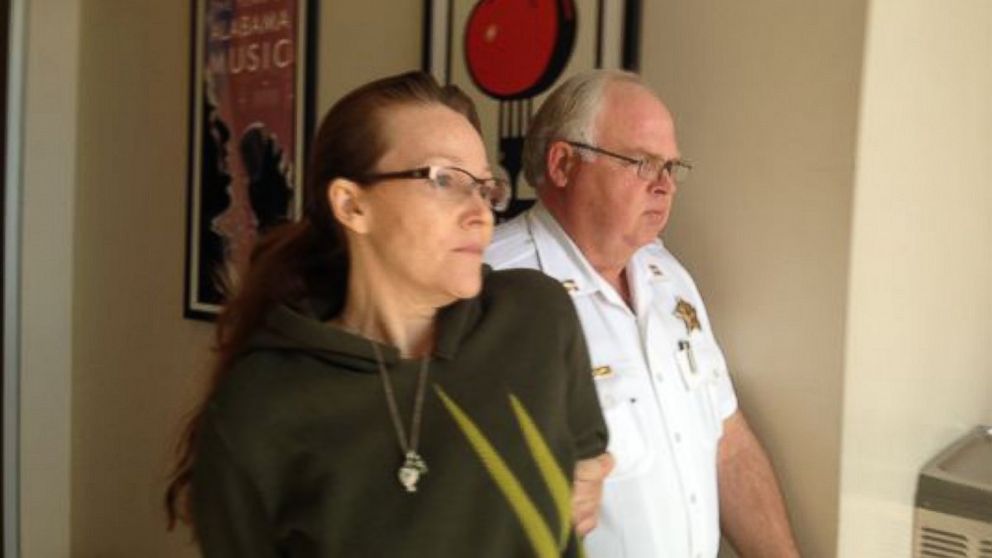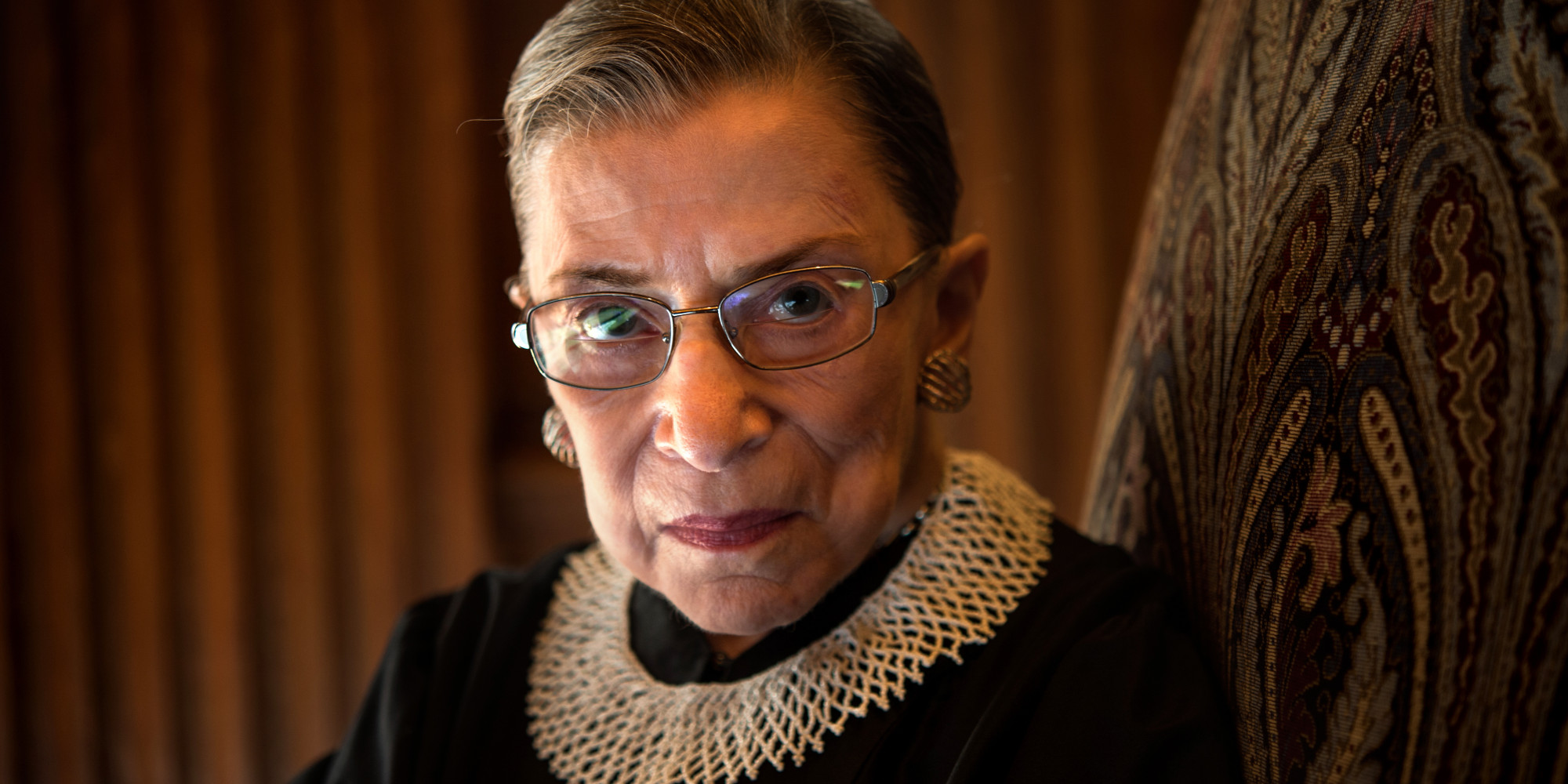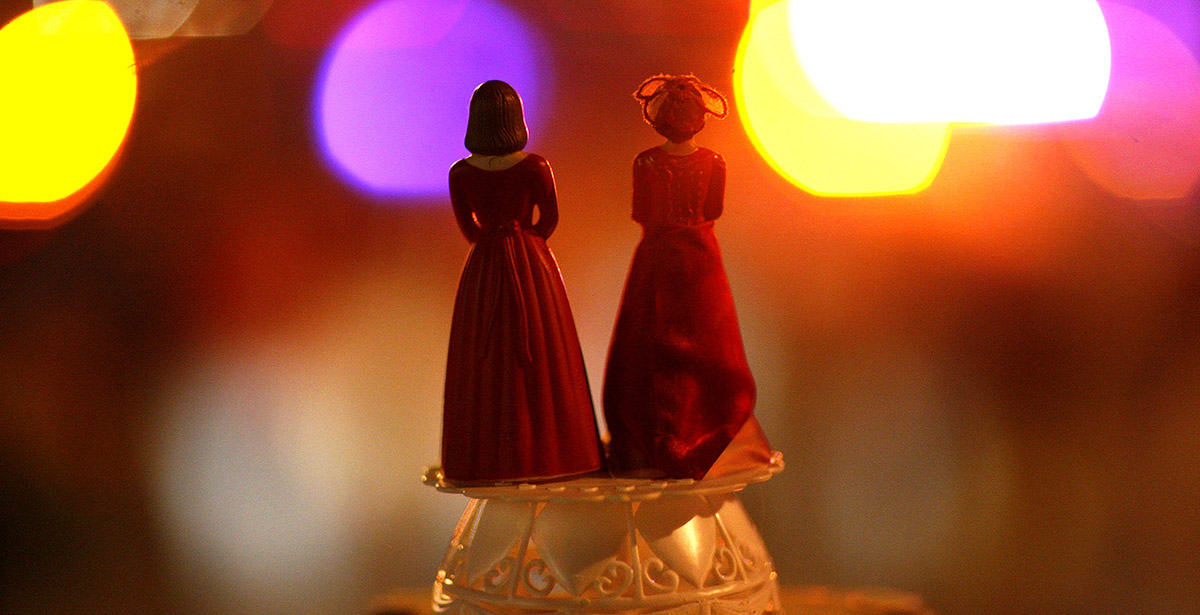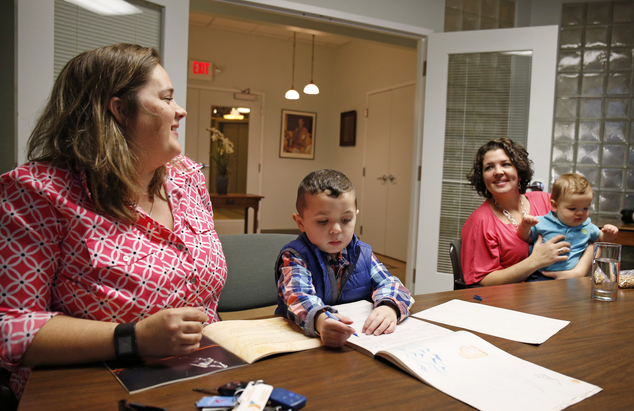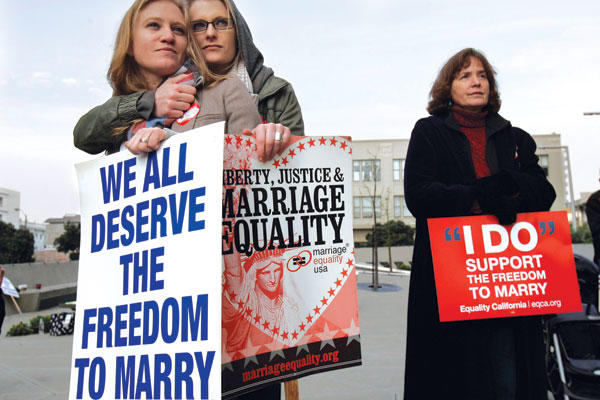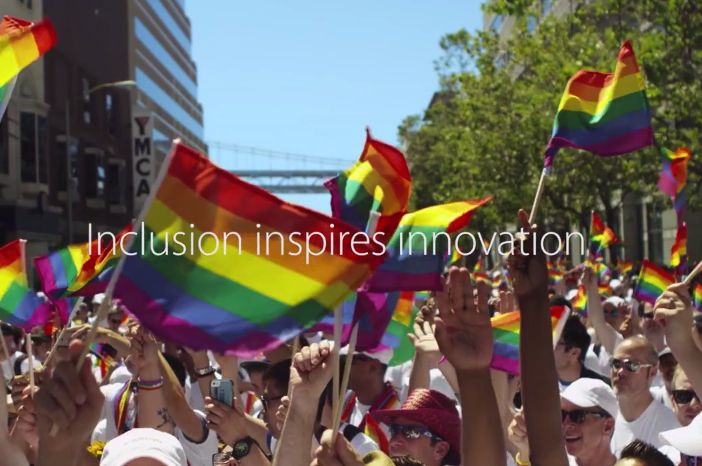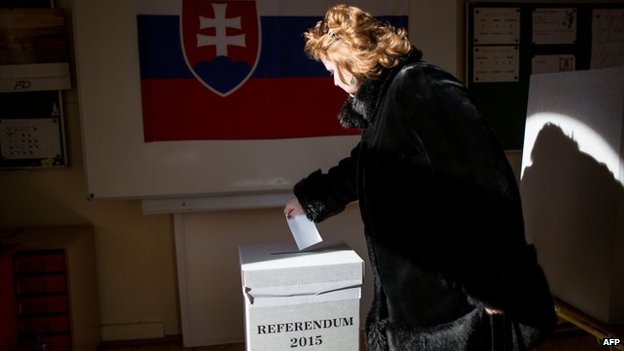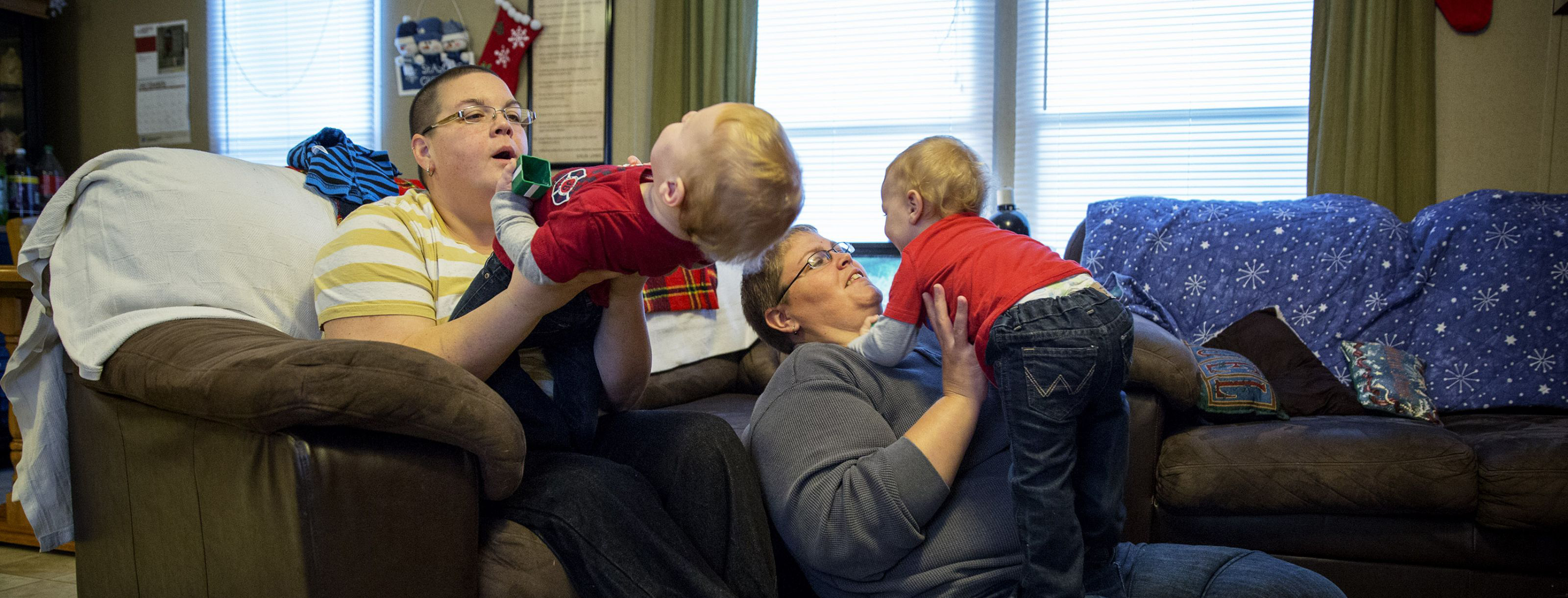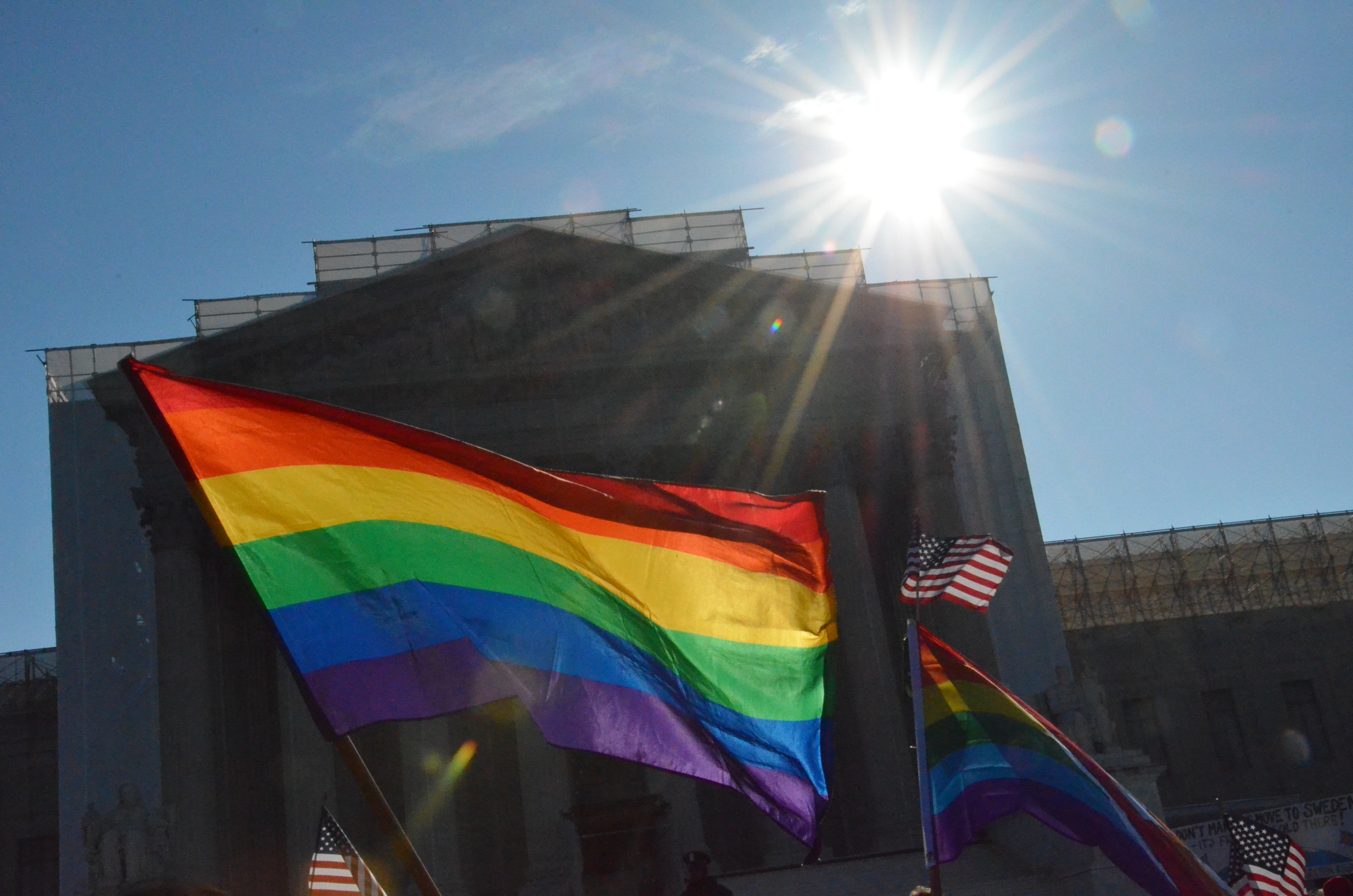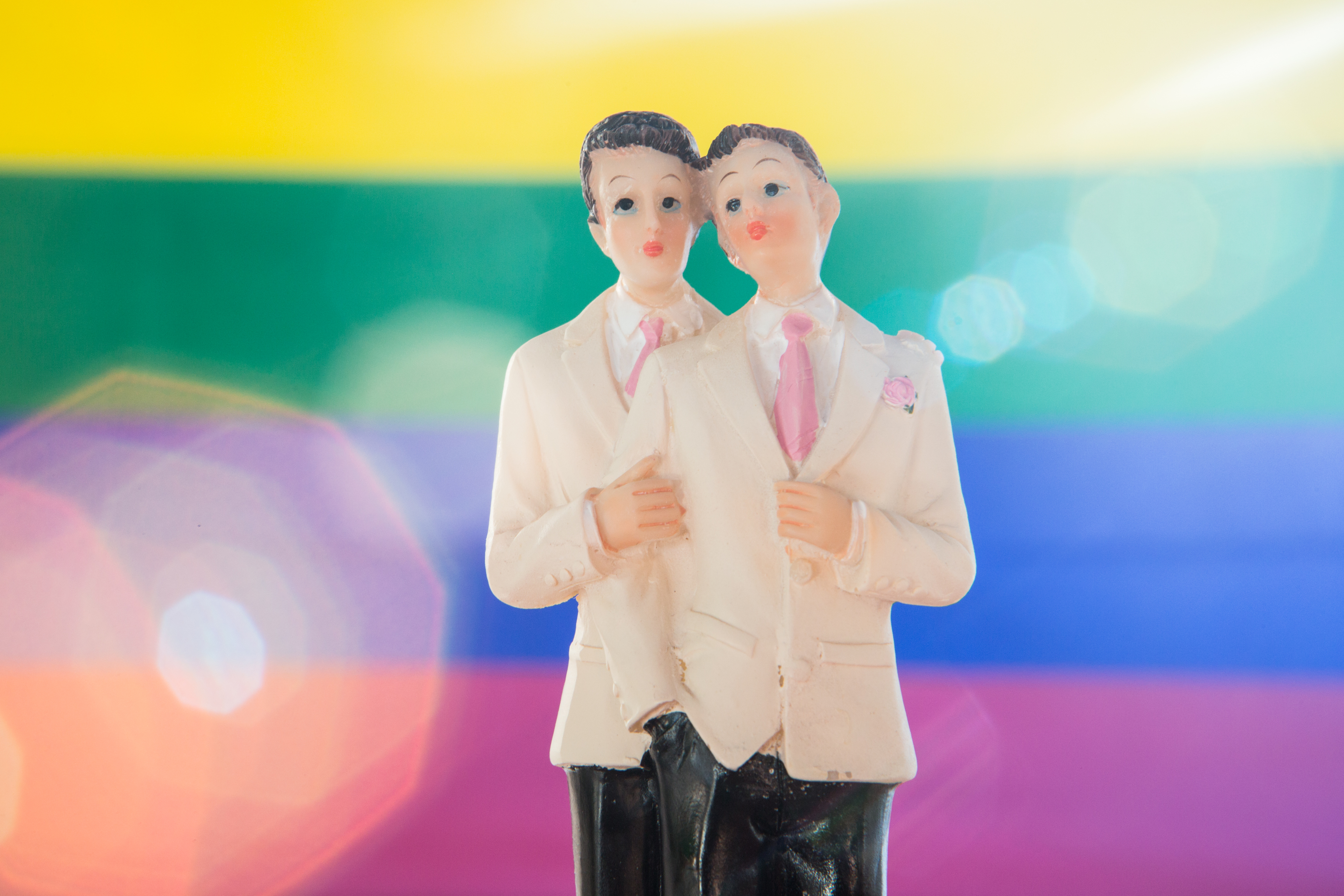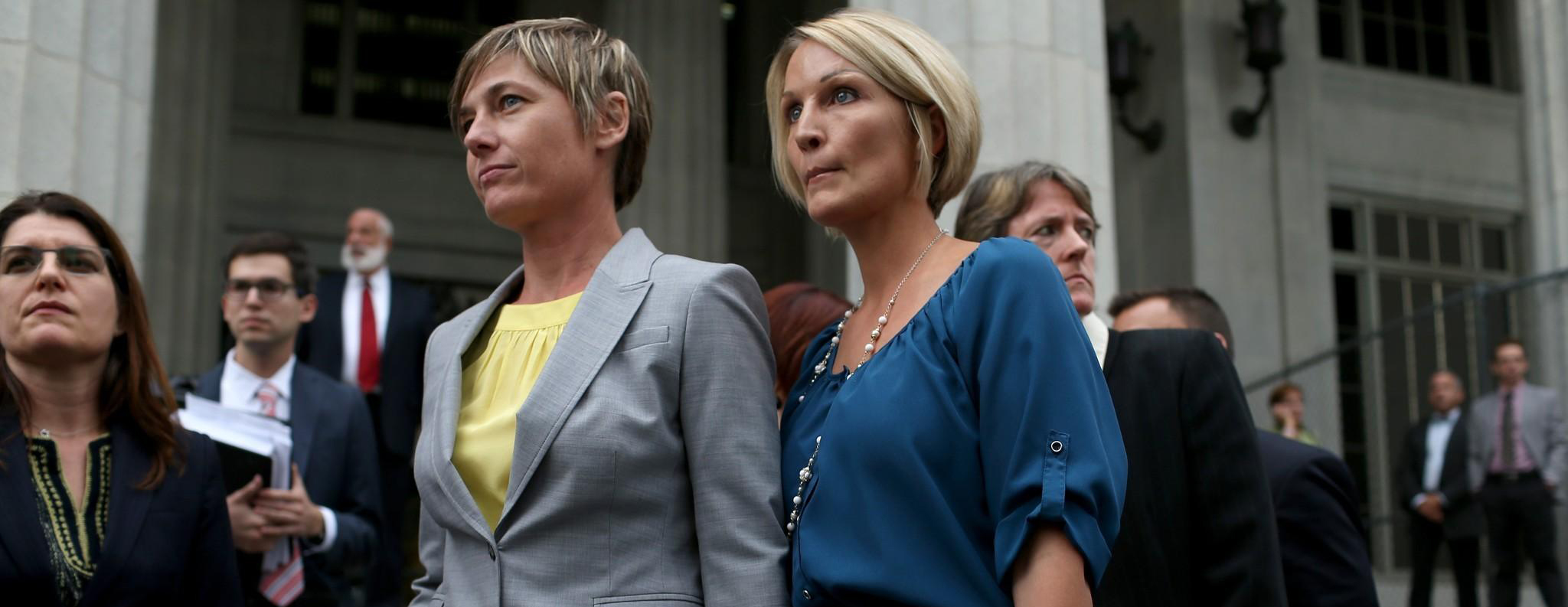A number of corporate firm – including Microsoft, Apple,Walt Disney, Coca-Cola, Nike, Visa, American Apparel, General Mills, Barnes & Noble, Google, Twitter and Facebook, eBay and Amazon – have signed an employers’ amicus brief, which argues that permitting same-sex marriage is crucial to recognising employees’ rights.

More: US President Continues Support For LGBT Community, Telling Supreme Court Same-Sex Marriage Bans Are Unconstitutional
The brief states in part:
“Some of the states in which amici (the 379 companies) do business make marriage equally available to all of our employees and colleagues; others prohibit marriages between couples of the same sex and refuse to recognize existing same-sex marriages. This dual regime burdens amici. It creates legal uncertainty and imposes unnecessary costs and administrative complexities on employers, and requires differential employer treatment of employees who are similarly situated save for the state where they reside.
State laws that prohibit or decline to recognize marriages between same-sex couples hamper employer efforts to recruit and retain the most talented workforce possible in those states. Our successes depend upon the welfare and morale of all employees, without distinction. The burden imposed by inconsistent and discriminatory state laws of having to administer complicated schemes to account for differential treatment of similarly situated employees breeds unnecessary confusion, tension, and diminished employee morale.
A diverse, inclusive workplace environment increases the total human energy available to the organization. People can bring far more of themselves to their jobs because they are required to suppress far less. Inclusive companies are more open to new ideas and opportunities, while less prone to overconfidence when approaching challenges. Companies that are diverse and inclusive obtain better profits and other outputs, thanks to improved team collaboration and commitment.”
The Supreme Court is to hear arguments on same-sex marriage from April 28.
The companies are:
A.L. Nella & Company, LLP, CPAs, A.T. Kearney, Aardema Whitelaw, PLLC, Acacia Home LLC, Accenture, Aetna Inc., Air Products and Chemicals, Inc., AJ Leo Electric and Solar, Akamai Technologies, Inc., Alaska Airlines, Alcoa Inc., Amazon Services Inc., Amazon.com, Inc., American Airlines Group Inc., American Apparel, American Express Company
American International Group, Inc., Aparicio-Mercado Law, L.C., Apple Inc., AppNexus Inc., Aramark, Arbor Brewing Company, LLC, Arnold & Porter LLP, Aspen Skiing Company, Assemble Sound LLC, AT&T Inc., Atlas Cut Stone, Atticus Circle, The Austin Gay and Lesbian Chamber of Commerce, Avanade Inc.
Bain & Company, Inc., Bakehouse Art Complex, Baker & McKenzie LLP, Bank of America, The Bank of New York Mellon Corporation, Barclays, Barnes & Noble, Inc., bebe stores, inc., Becton, Dickinson and Company, Belcampo Inc., Ben & Jerry’s, Big Duck Studio, Inc., Bigelow Villa LLC, Billy’s Farm, BlackRock, Inc., Bloomberg L.P., Blue Apron, Inc., Blue Heron Ventures, Blue Moon Hotel / Winter Haven Hotel, Blume, Faulkner & Skeen, PLLC, Boehringer Ingelheim Pharmaceuticals, Inc., Boston Community Capital, Inc., Boston Consulting Group, The Boston Foundation, Boston Medical Center Corporation, Boston Scientific Corporation, Brady Mills LLC, BrandQuery LLC ,Bristol-Myers Squibb Company, Broadcom Corporation, Brocade
Cablevision Systems Corporation, Capital One Financial Corporation, Captain Wendell’s Marine Services LLC, Cardinal Health, Inc., Care Resource, CBS Corporation, CEB, Central Physical Therapy and Fitness PSC, CGI, Charlotte Business Guild, The Chubb Corporation, CIGNA Corporation, Cisco Systems, Inc., Citigroup Inc., City Catering Company, City Lites Neon, Inc., The City of Ann Arbor, Michigan, Civitas Public Affairs Group, Clean Yield Asset Management, CloudFlare, Inc., CMIT Solutions of Seattle Downtown, The Coca-Cola Company, Cohen & Associates, Colgate-Palmolive Company, Columbia FunMap, Inc., Comcast Corporation, The Computer Butler, ConAgra Foods, Inc., The Corcoran Group, Corner Brewery, LLC, Corning Incorporated, Cox Enterprises, Inc., Crazy Misfits Pet Services, Credit Suisse Securities (USA) LLC
Cummins Inc., Cupcake Royale, CVS Health Corporation
Dallas Voice, Dana-Farber Cancer Institute, Inc., Danaher Corporation, David J. Jarrett, P.C., David Kosar Insurance Agency, David Mack Henderson Income Tax Preparation, DCI Group AZ, L.L.C., Deloitte LLP, Delta Air Lines, Inc., Depository Trust & Clearing Corporation, The Desert Business Association, Deutsche Bank AG, Diageo North America, Inc., DIRECTV, DocuSign, Domini Social Investments LLC, The Dow Chemical Company, Dreamcatcher Arts and Publishing Ltd., Dropbox, Inc., DuPont
eBay Inc., Edelman, Eldercare Consulting, Electronic Arts Inc., EnduringHydro, LLC, Ernst & Young LLP, The Estée Lauder Companies Inc., Event Rents, Everything Real Estate LLC, Express Movers Inc.,
Facebook, Inc., Farella Braun + Martel, LLP, Fastsigns, Fenwick & West LLP, First Data Corporation, 1st Security Bank, 1stdibs.Com, Inc., FIT Technologies, Flanery CPA, Full Court Press Communications
G.A.W., Inc., The Gay and Lesbian Chamber of Commerce Nevada, General Electric Company, General Mills, Inc., Gensler, Gilt Groupe Holdings, Inc., GlaxoSmithKline LLC, Gleason & Associates Claims Services, Go Factory, Inc., Goethel Engelhardt, PLLC, The Goldman Sachs Group, Inc., Google Inc., Goulston & Storrs, P.C., Great Officiants LLC, The Greater Connecticut Gay and Lesbian Chamber of Commerce, Greater San Diego Business Association, Greater Seattle Business Association, Greensulate, Grossman Marketing Group, Group Health Cooperative, Groupon, Growing Hope,
Harrell Remodeling, The Hartford Financial Services Group, Inc., Healthline, Hewlett-Packard Company, Hilton Worldwide Holdings Inc., Holdredge Wines, Homeward Pet Adoption Center, Horizon Air Industries, Inc., House Packard LLC, HSB,
Jackson Hole Group LLC, Jagod Designs, Jazz Pharmaceuticals, Inc., Jenn T. Grace International LLC, Jennifer Brown Consulting, JetBlue Airways Corporation, The Jim Henson Company, Johnson & Johnson, Johnston, Kinney and Zulaica LLP, Jonathan L. Bowman, Attorney at Law, PS, JPMorgan Chase & Co., Julian Chang Consulting, Inc.
kapchur.us photography, The Kathy A. Janssen Foundation, Kazan, McClain, Satterley, & Greenwood, PLC, Keir Jones Agency – State Farm, Keker & Van Nest LLP, KEO Marketing Inc., Kimberly-Clark Corp., Kimpton Hotel & Restaurant Group, LLC, Kollmar Sheet Metal Works, Inc., Kotzan Chiropractic, KPMG LLP
Lambda Business Association, Laparoscopic Institute for Gynecologic Oncology, Larson Marketing & Communications LLC, Laughton Properties, Law Offices of Joel L. Sogol, Law Office of Lisa E. Schuchman, Law Office of Lorie L. Burch, PC, Law Offices of Robin L. Bodiford, P.A., The Law Office of Susan K. Fuller, PLLC, Levi Strauss & Co., Liberty Burger, Lieff Cabraser Heimann & Bernstein, LLP, Life & Love Celebrations, Link in the Chain Foundation, Inc., Littler Mendelson, P.C., LNT, Inc., The Long Beach Gay & Lesbian Chamber of Commerce, Lori Karbal et al, Loring, Wolcott & Coolidge Trust, LLC, The Los Angeles Gay & Lesbian Chamber of Commerce
Main Street Hair Shoppe Ltd., Marriott International, Inc., Marsh & McLennan Companies, Inc., Massachusetts Mutual Life Insurance Company, McGraw Hill Financial, Inc., McKesson Corporation, McKinsey & Company, Inc., Merca Property Management, The Miami-Dade Gay & Lesbian Chamber of Commerce, Microsoft Corporation, The Mid-America Gay & Lesbian Chamber of Commerce, Miller & Olson, LLP, Miller Shelton Group, LLC, MillerCoors LLC, Mintz, Levin, Cohn, Ferris, Glovsky and Popeo, P.C., Mona Smith PLLC, Moody’s Corporation, Morgan Miller Plumbing, Morgan Stanley, MWW Public Relations,
NAMI Dallas, Inc., The Nashville LGBT Chamber of Commerce, The National Gay & Lesbian Chamber of Commerce, Nationwide Mutual Insurance Company, Neumann Capital Management, LLC, The New England Patriots, New Leaf Columbus, New York Life Insurance Company, Nifty Hoops, LLC, NIKE, Inc., Nixon Peabody LLP, North Texas GLBT Chamber of Commerce, Northrop Grumman Corporation,
OBOX Solutions, Office Depot, Inc., The Ogilvy Group, Inc., Ogletree, Deakins, Nash, Smoak & Stewart, P.C., ONE Community Media, LLC, 1 Source Consulting Solutions, Oracle America, Inc., Orbitz Worldwide, Inc., Out & Equal Workplace Advocates, Outerwall Inc.
Pakmode Publications, LLC, d/b/a Pakmode Media + Marketing, Pandora Media, Inc., PATH, Peabody & Arnold LLP, Pepper Hamilton LLP, PepsiCo, Pfizer Inc., Pixelligent Technologies LLC, Plexus Education Foundation, Plexus LGBT and Allied Chamber of Commerce, Portland Area Business Association, PricewaterhouseCoopers LLP, PrideFest, the PrintingWorks, Pro-Tec Data, Inc., Procter & Gamble, ProTrials Research, Inc., Prudential Financial, Inc., Puma Spring Vineyards, Qualcomm Incorporated, Quorum
RAFI Architecture and Design, Rainbow Chamber of Commerce Silicon Valley, Ralph’s Regal Weddings, Ray Holley Communications, RBC Capital Markets, LLC, Replacements, Ltd., Restaurant Management Concepts, Reverberate! Marketing Communications, Inc., Rising Tide Brewing Company, RJR Photography, Robert H Stutz Jr CPA, Rockwell Automation, Inc., Rotella & Hernandez, LLC
The Sacramento Rainbow Chamber of Commerce, Sadek Bonahoom PLC, The San Francisco Chamber of Commerce, The San Francisco Giants, The Seattle Lesbian, LLC, Seattle Metropolitan Chamber of Commerce, Sempra Energy, Seyfarth Shaw LLP, Shingles Roofing LLC, Sidetrack, Inc., Simon, Schindler & Sandberg LLP, Skellenger Bender, P.S., Skyworks Solutions, Inc., Sleeves Up Productions, LLC, Sōw, Spectra Law PS, Spry Vision, Inc., St. Jude Medical, Inc., Staples, Inc., Starbucks Corporation, Starrtek LLC, State Street Corporation, Steven Graves Insurance Agency, Stonewall Behavioral Health, Stonewall Columbus, Stuffed Cakes, LLC, Sun Life Financial (U.S.) Services Company, Inc., SunDaily, Support.com, Inc., Sweet Dixie Kitchen, Symantec Corporation
Taber Food Services, Inc., dba Hobee’s California Restaurants, The Tampa Bay Rays, Target Corporation, TD Bank, N.A., TD Securities (USA) LLC, Tech Data Corporation, TestTracks, Thinking Cap Communications & Design, Third Point LLC, Thomson Reuters, Tiwary Entertainment Group LLC, TNT Promotions, LLC, TOCA Events, LLC, TravelOut, Inc., Tutta Bella Neapolitan Pizzeria, Twitter, Inc., 206 Inc.
UBS AG, The Ultimate Software Group, Inc., United Air Lines, Inc., United Therapeutics Corporation, Uptown Physicians Group, VCB Consulting & Accounting Services
Verizon Communications Inc., Viacom Inc., Visa Inc., VitaPerk, VMware, Inc.
W. M. Martin Advertising, W.W. Grainger, Inc., W/S Development Associates LLC, Walsh Wellness Center, The Walt Disney Company, Wasserman Media Group, Wells Fargo & Company, Whey Natural! USA LLC, Wisconsin LGBT Chamber of Commerce, Witeck Communications, Inc., The Workplace Equality Index, Wyndham Worldwide Corporation
Xerox Corporation, Xfund
YES DESIGN GROUP, Ypsilanti Downtown Development Authority
Zausmer, Kaufman, August & Caldwell, P.C., Zingerman’s Community of Businesses, ZoomSystems, Zynga Inc.




